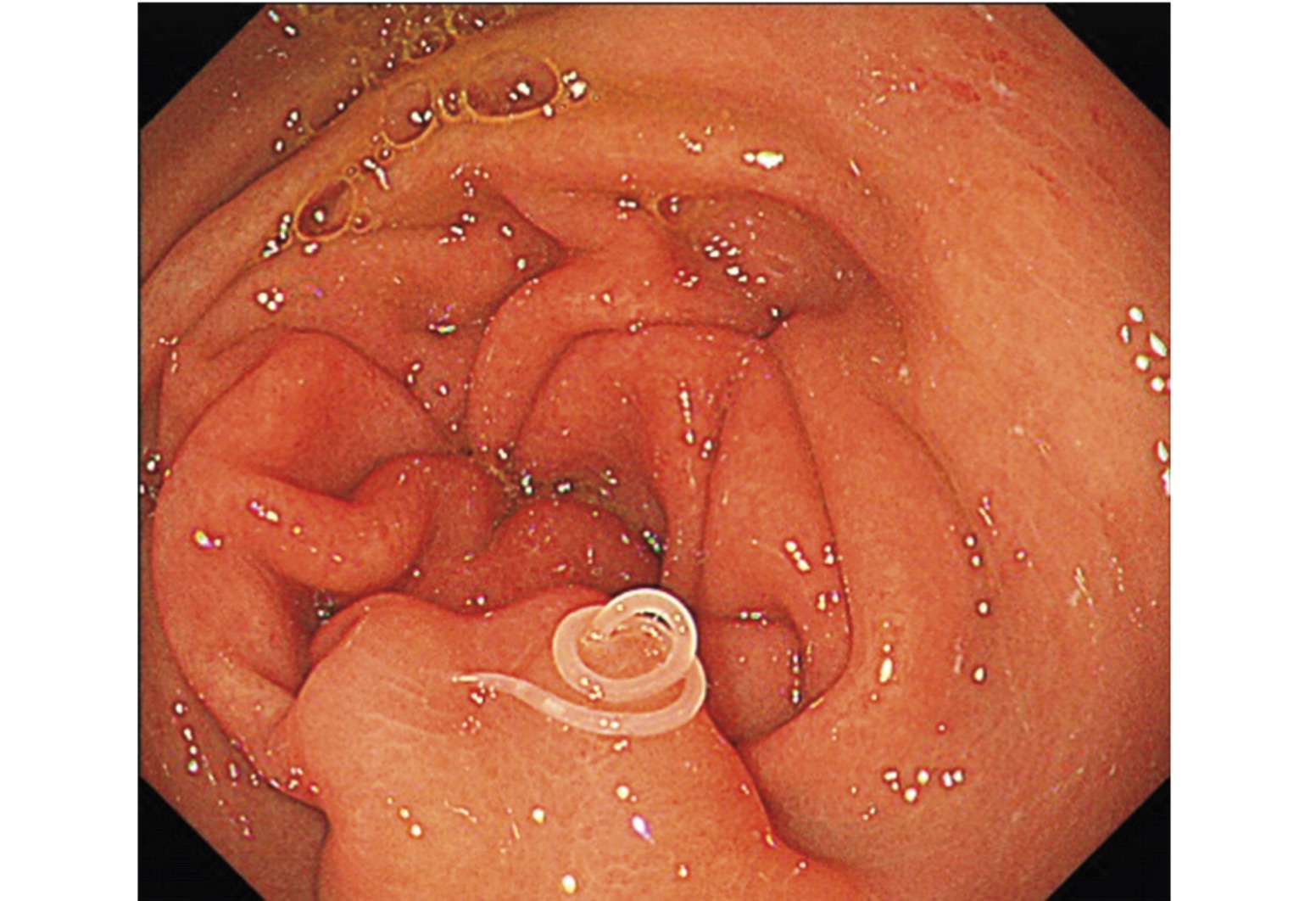DO YOU THINK YOUR CHILD HAS WORMS?
Gross as it may be, this is an important topic!
Worms inside human bodies are more common than you think. Though worms can infect people of all ages, children are more susceptible to getting them. These infections are caused by a group of parasites, including roundworms, whipworms, and hookworms that are transmitted through soil and water.
If these are left untreated, they can cause many health complications in the future. This is why it is very important to identify the problem and treat it as soon as possible.
This issue is more common in developing world than developed countries but it is still quite a common occurrence in children all over the world.
Let’s start with the most important question:
HOW DO CHILDREN GET WORMS?
In a nutshell—poor hygiene and unclean surroundings. These are the two main reasons of parasite infection. But, there are other ways children can get worms:
- Through human feces. Adult worms live in the intestines of people, feed on the food, and produce thousands of eggs each day. These eggs are released into the soil when the infected person defecates in public. These eggs can get into your child’s body when they play in the soil and put the unwashed hands in the mouth.
- The worms can also get transmitted through vegetables and fruits that are not cleaned properly. So, if you eat out and you had a salad which was not washed properly or washed with contaminated water, then you or your child can get worms.
- Drinking contaminated water or eating food with contaminated hands can also spread the infection.
- Children can acquire worms from others who are unhygienic. Worm eggs are miniscule and can live under fingernails. They can easily be transferred if an infected person has fed your child or handled your food without washing hands.
- Hookworm larvae can enter the body from any part of the body (especially feet) that is exposed to the infected soil or water. They penetrate the skin and travel through the body to the intestine, where they become adults.
Therefore…
if you and your children eat out often;
if your kids play in the dirt;
if you live near a lake, pond, or river and your children play or swim in those waters;
if you take vacations, especially to countries in developing world
your child may be more susceptible to getting worms.
Bottom line is there is no definitive way of saying ‘this is how your child got parasites.’
This brings us to the next point…
WHAT ARE THE SYMPTOMS?
- One of the prominent symptoms of worm infection is an itchy bottom, and sometimes loss of appetite.
- Some worms can cause stomachache.
- Constant scratching of the bottom; this might cause a rash around the anus and lead to an infection.
- Spotting adult worms in the child’s poo. Yep, live, wriggly ones.
- You may find tiny worms around the child’s anus, especially if you check first thing as they wake in the morning.
- Decreased physical performance; a usually active child no longer shows interest in playing or running around and shows signs of fatigue.
- Poor concentration; drop in grades and poor performance in school.
- Vitamin A deficiency that can result in dry eyes and blurry vision.
- Anemia, which is often the result of hookworms.
- Malnutrition and intestinal obstruction; in which case the child will look weak, lethargic, and unhealthy.
- Heavy infection can cause itchy vagina and vaginal discharge in prepubescent girls and adult women.
- Parasites can cause other problems such as nutrient deficiencies, allergies and food sensitivities.
- When parasites enter the digestive system, they release metabolites that have a toxic impact on the body.
I know it’s horrible to imagine your child is carrying parasites who are feeding off of him but there is no need to panic.
If your child displays any of these symptoms, look for worms in your child’s poo, and or do the morning anus test. If you don’t find any worms but still suspect your child may be a carrier, consult a doctor. The standard treatment is deworming tablets. You can take those.
If you prefer to treat them naturally, there are a few things you can do at home.
NATURAL ANTHELMINTIC / DEWORMING TREATMENTS
- Reset your child’s gut microbiome. Parasites are often a sign of a loss of probiotic species and a healthy gut microbiome. Through promoting balance of the gut microbiome through diet and probiotic supplements you can help your child naturally fight parasites. 5 to 10 billion CFU probiotic supplement is sufficient for children under the age of 10. You should also include probiotics rich food in their regular diet such as unflavored yogurt with live active cultures, sourdough bread, peas, cottage/parmesan/gouda/cheddar and Swiss cheeses.
- Focus on strengthening your child’s immune system. When the immune system is strong it’s better at fighting off parasites, and other invaders. Be sure your child is getting enough vitamin A, vitamin D, and vitamin K2 to help them resist parasitic infection.
- Encourage your children to eat lots of colorful fruits and vegetables. Children are a product of their environment. They do what they see. If you model healthy eating and lifestyle habits, they will imitate you. Even if your child has poor eating habits, it is never too late to change. Don’t feel shy in seeking professional help if you are unable to inculcate proper eating habits in your children.
- I highly recommend giving your children multivitamin and mineral supplement as a regular practice. No matter how well we eat, our diets are lacking essential nutrients and trace minerals. Supplements are a good way to ensure you and your children are receiving all that the body needs.
- Keep sugar out of their diets as parasites thrive on sugar.
- There are certain foods you must increase in your child’s diet since these foods are going to work as deworming medicine:
⮚Garlic: it is anti-parasitic and works wonder. The trick is concentrated doses on regular basis. You should add garlic to breakfast, lunch and dinner if possible. If you can manage to feed them raw garlic, that would work much more effectively and much faster than cooked garlic.
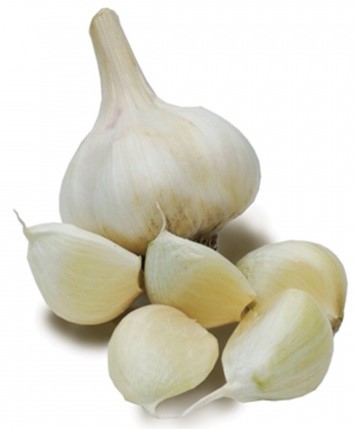
⮚Papaya: both the fruit and seeds are fantastic anti-parasitic treatment. A teaspoon of dried papaya seeds mixed with honey daily can produce effective results very quickly.

⮚Carom seeds: have shown to be effective in expulsion of worms from the gut. You can give half a teaspoon of dried carom seeds to your child to chew. If the taste is too intense for them, you can add a teaspoon of honey to it. You can also powder the seeds, mix them with some coconut powder, oatmeal, and any nut butter to form appetizing energy balls.
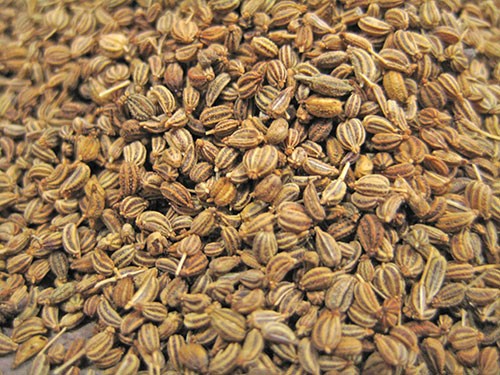
⮚Pumpkin seeds: A community study in China revealed that pumpkin seeds were indicated to be safe and effective in treating human tapeworm infections. Raw green pumpkin seeds are the best. If your child is refusing to chew them, you can crush the seeds and add them to energy balls or bars.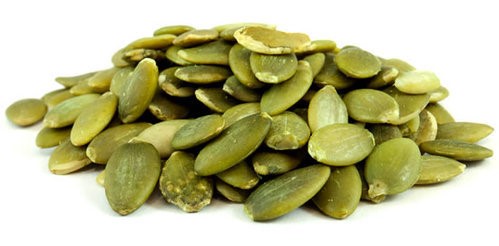
⮚Bitter gourd: is also a highly effective treatment. If your child is a saint, you can give them bitter gourd juice, otherwise get the vegetarian capsules and give one capsule daily.
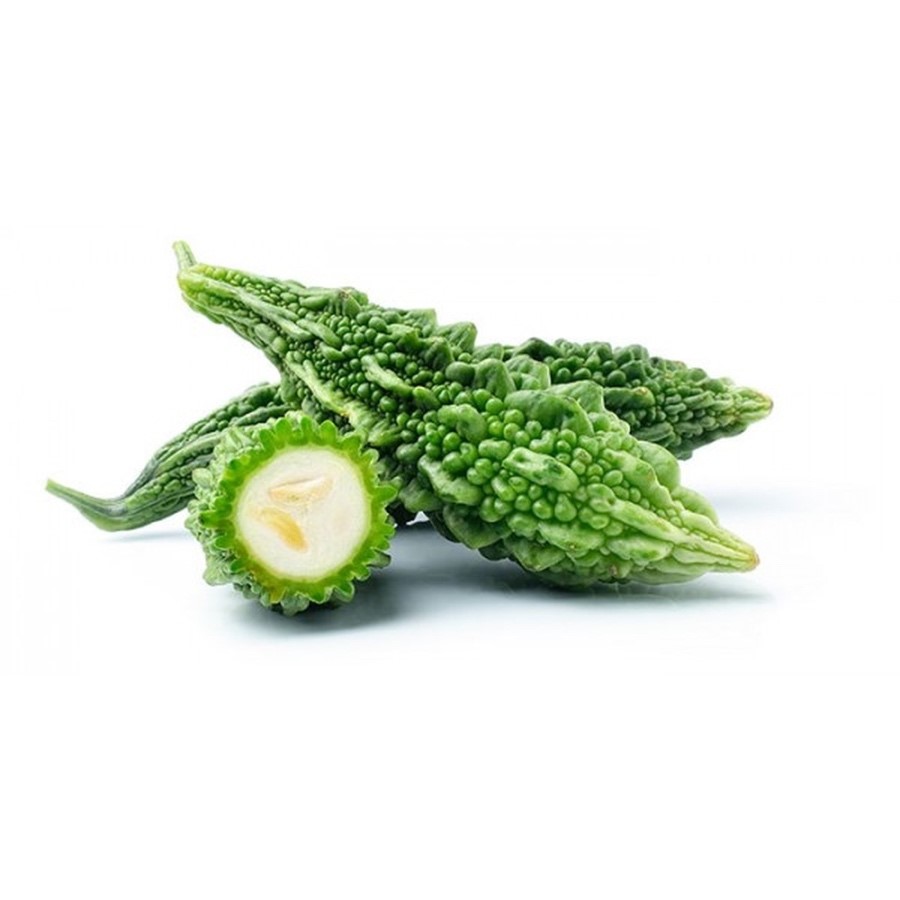
⮚Neem: is an amazing plant with tremendous health benefits. Neem leaves’ tea is a sure-fire treatment against worms. Neem fruit or flower extract can act as a precautionary measure to prevent worm infections. It would be a good idea to start giving it to your children before you take a vacation, or before the summer months when they might play barefoot in soil and water.
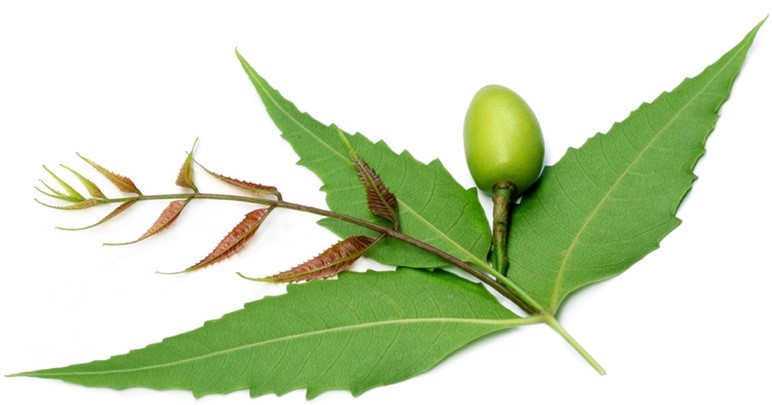
⮚Turmeric: Mixing 1 teaspoon of turmeric powder in a cup of milk can help in expelling the worms.
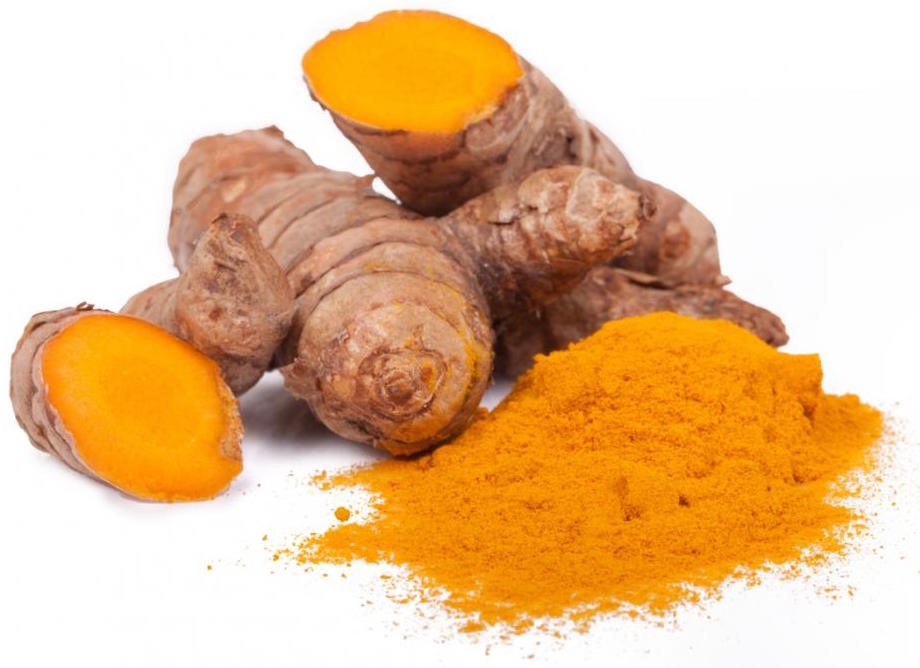
⮚Coconut: 1 to 3 tablespoons of fresh grated coconut daily and juice of tender coconut are both effective deworming treatments.
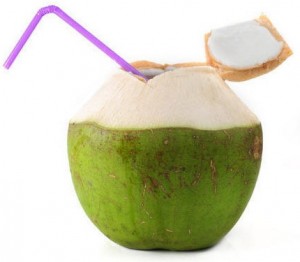
There are a couple of things you want to be careful about:
- If your child is a picky eater and you know will not cooperate with these natural remedies, don’t waste time and give them the deworming tablets. You want to ensure that the worms are properly rid of without any delay.
- If you administer natural remedies and the worms persist after a month, take them to the doctor and get tablets.
- Take precautions when you know you and your children might be vulnerable to worms. Prevention is always better than cure!
Let me know if there is any treatment you have used that works which you would like me to add to this list.
Wishing your child a speedy recovery!

